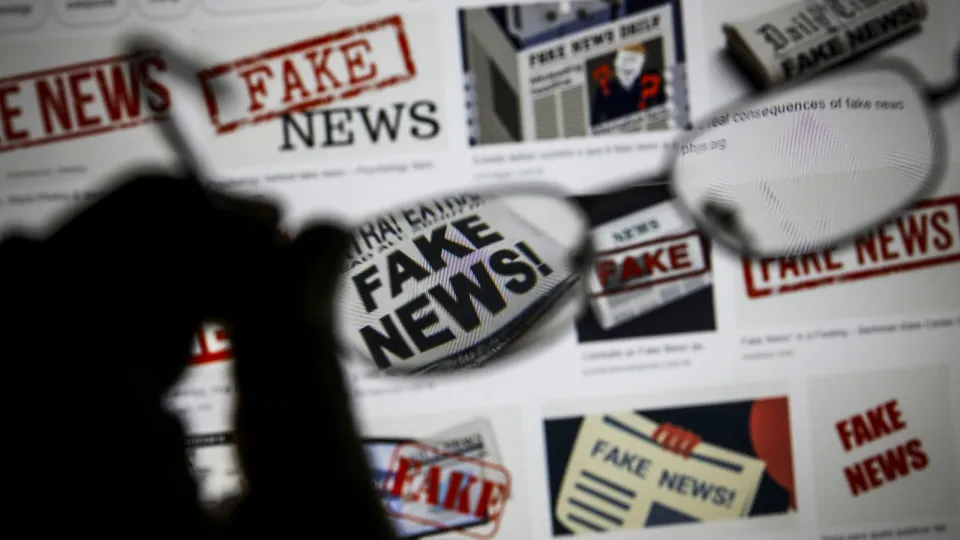
Questioned about mitigating the impact of ‘deepfakes’ created by artificial intelligence (AI), the head of the Organization for Economic Cooperation and Development (OECD) pointed out that “a major method (…) is through literacy and digital skills,” based on empirical work conducted.
“Technological approaches that people are using to address ‘deepfake’ issues are also very important,” continued Audrey Plonk, a key speaker at Anacom’s conference on AI innovation and regulation challenges, held on Friday in Lisbon.
Currently, “our legal systems will need to adapt to this reality. At the same time, on a human level, we know we need to educate people to use technology,” she emphasized.
“From our empirical work, we find that basic math and literacy skills are essential,” and countries have “different ways of implementing them,” added Audrey Plonk, one of the two heads of the OECD’s Directorate for Science, Technology, and Innovation.
Addressing security issues more broadly, which include ‘deepfakes’, child protection, and freedom of expression, requires people to be engaged with technology to understand what they are dealing with, she noted.
Furthermore, “regulators need to find tools and mechanisms to technologically understand what they are dealing with.”
“There is significant regulatory or policy activity specifically in the ‘deepfake’ space, especially because much of this regrettable content targets women and underrepresented groups,” she lamented.
When asked if literacy alone is sufficient, the OECD’s deputy director advocated for a “holistic approach.”
“I did not mean that literacy alone is enough. (…) I consider activities such as ‘fact-checking’, public interest organizations holding platforms accountable, and fighting misinformation essential for the overall approach to how we absorb information (…) and how we act on it as populations invested in democratic processes, freedom of expression, and other values crucial for the market economies we see in the OECD,” she added.
Thus, she supports a holistic approach.
“But I believe one area where governments can have a significant impact is in skills and literacy. (…) I see this happening at very young ages now, with curriculum being introduced in schools, and I observe substantial effort being invested in this,” she continued, considering it “also important.”
This is coupled with the “opportunity to tackle technological issues with technology.”
Solutions may involve new methods for technological challenges, whether via cryptographic verification or the capability to detect a ‘deepfake’, for example.
Consequently, “all these tools will be essential for public use and for policymakers to apply,” she argued.
Regarding election-related topics, the challenges surrounding public discourse are “very daunting.”
She recalled the OECD’s initiative called ‘Reinforcing Democracy’, which focused precisely on this issue.
“We issued a recommendation [late last year] on information integrity (…) aimed at ensuring or at least promoting an environment of information integrity in our current context.” She concluded by expressing hope “to continue efforts behind these tools we’ve implemented to help policymakers understand and truly implement them.”




